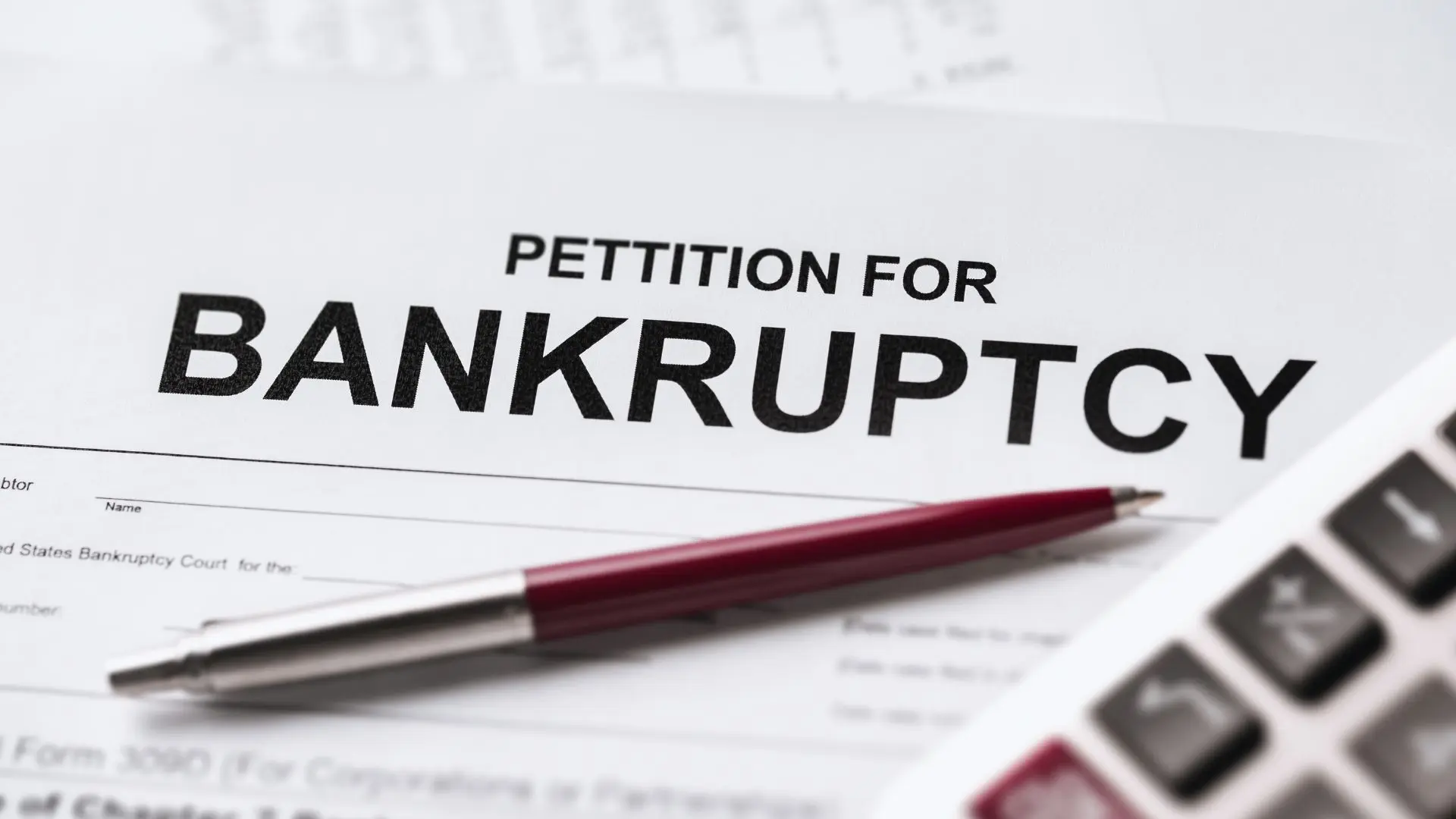Chapter 7 Bankruptcy
Atlanta Bankrupcty Attorney
Helping you create your better tomorrow
Chapter 7 bankruptcy, often referred to as “liquidation bankruptcy,” is a process that allows individuals to discharge most of their unsecured debts and gain a fresh financial start. Here’s an in-depth look at how Chapter 7 bankruptcy works in Georgia:
Eligibility and Means Test
To file for Chapter 7 bankruptcy in Georgia, you must pass a means test. The means test compares your average monthly income for the six months prior to filing against the median income for a household of your size in Georgia. If your income is below the median, you qualify for Chapter 7. If it’s above, you may still qualify after deducting certain allowable expenses.
The Filing Process
- Credit Counseling: Before filing, you must complete a credit counseling course from an approved agency within 180 days.
- Filing the Petition: You file a petition with the bankruptcy court, which includes detailed information about your debts, assets, income, and expenses.
- Automatic Stay: Upon filing, an automatic stay goes into effect, halting most collection activities, foreclosures, and garnishments.
Appointment of a Trustee
Once you file, a bankruptcy trustee is appointed to administer your case. The trustee’s role includes reviewing your petition, liquidating non-exempt assets, and distributing the proceeds to creditors.
Meeting of Creditors (341 Meeting)
You must attend a meeting of creditors, also known as the 341 meeting. During this meeting, the trustee and any creditors who choose to attend will ask questions about your financial situation and the information in your petition.
Exemptions in Georgia
Georgia law provides several exemptions to protect certain assets from being sold in a Chapter 7 bankruptcy. Key exemptions include:
- Homestead Exemption: Up to $21,500 of equity in your primary residence. If you are married and filing jointly, this amount doubles to $43,000.
- Motor Vehicle Exemption: Up to $5,000 of equity in a motor vehicle.
- Personal Property Exemption: Various personal property items, such as clothing, appliances, and furniture, up to certain values.
- Wildcard Exemption: Up to $1,200 of any property, plus up to $10,000 of unused homestead exemption.

Non-Exempt Assets
Non-exempt assets are sold by the trustee to pay off creditors. Common non-exempt assets include:
- Second homes or vacation properties
- Luxury items such as expensive jewelry or artwork
- Certain financial accounts, depending on their value
Discharge of Debts
After the liquidation process and the trustee’s final report, most of your unsecured debts are discharged. This includes credit card debt, medical bills, and personal loans. Certain debts, such as student loans, child support, alimony, and certain taxes, are not dischargeable in Chapter 7.
Impact on Credit
Chapter 7 bankruptcy will significantly impact your credit score and will remain on your credit report for up to 10 years. This can affect your ability to obtain new credit, housing, and sometimes employment.
Legal Assistance
Navigating Chapter 7 bankruptcy can be complex, and having an experienced attorney can help ensure your rights are protected and the process goes smoothly. An attorney can help you:
- Determine if you qualify for Chapter 7
- Complete and file the necessary paperwork
- Represent you at the 341 meeting
- Protect as many assets as possible through exemptions
Conclusion
Chapter 7 bankruptcy in Georgia offers a way for individuals overwhelmed by unsecured debt to eliminate those debts and start fresh. Understanding the eligibility requirements, the process, and the implications can help you make an informed decision. Consulting with a knowledgeable bankruptcy attorney is crucial to navigating the process effectively and protecting your interests.
Clarity Today and a Better Tomorrow
We have the right solutions for the next chapter of your life. Let's talk about your unique situation and how we can help!
